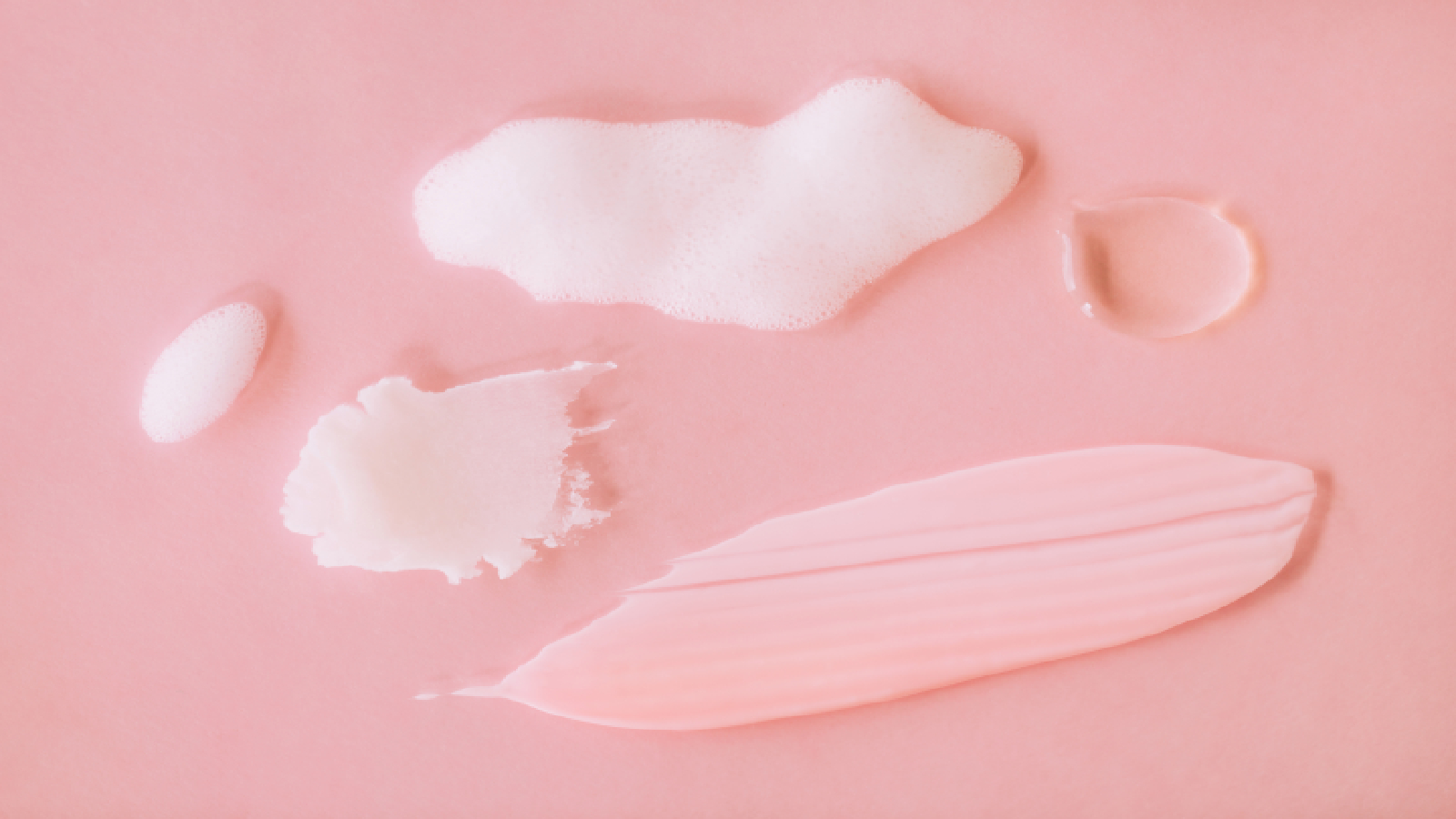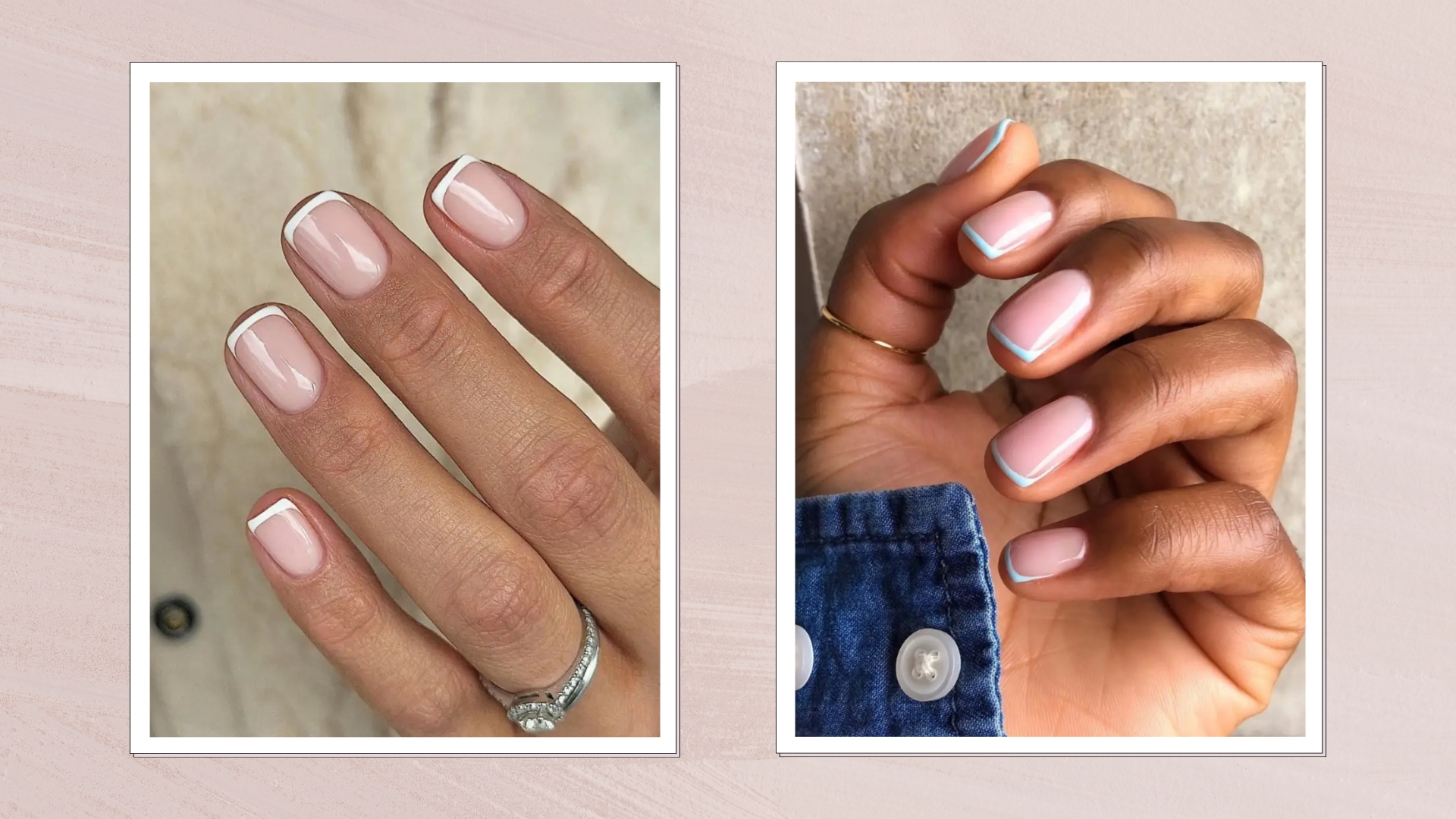What is benzoyl peroxide and how does it work?
Could benzoyl peroxide help with your acne? Here's what you need to know


If you've ever shopped for acne products, you've probably seen benzoyl peroxide listed as an active ingredient. While you may have heard about its acne-fighting properties, you may be wondering what exactly it is.
What is benzoyl peroxide?
Benzoyl peroxide, also known as BPO, is a topical product used primarily to treat acne. It's available over the counter, but prescription-strength formulas are also available.
Benzoyl peroxide is commonly found in facial cleansers, gels, creams, lotions, toners, and acne-fighting skincare products. It works as an antimicrobial, so it helps kill acne-causing bacteria and keeps pores clean, making it an ideal part of any skincare routine.
Benzoyl peroxide benefits
Benzoyl peroxide is best known for its ability to combat acne, and it offers quite a few benefits:
- Helps kill acne-causing bacteria: Benzoyl peroxide is an antimicrobial, which helps eliminate acne-causing bacteria. Research shows that this ingredient helps with acne and may even help with more severe breakouts.
- May help prevent bacterial resistance: More people are using antibiotics to treat acne, and this has led to increased resistance of the bacteria that causes breakouts. Benzoyl peroxide can help prevent bacterial resistance.
- Acts as an anti-inflammatory: BPO also works as an anti-inflammatory, which can help reduce the redness and irritation that accompanies breakouts.
When used to treat acne, results can be seen in as little as three weeks, but it can take up to three months to see full results.
Benzoyl peroxide side effects
Acne medications have a tendency to cause dryness, peeling, and irritation. Benzoyl peroxide is no different.
The most common side effects of this ingredient are:
Sign up for the woman&home newsletter
Sign up to our free daily email for the latest royal and entertainment news, interesting opinion, expert advice on styling and beauty trends, and no-nonsense guides to the health and wellness questions you want answered.
- Dry skin
- Increased sun sensitivity
It's very common for people to experience some sort of dryness, peeling, and irritation when using benzoyl peroxide.
However, some people can be genuinely allergic to benzoyl peroxide, and this can cause:
- Severe redness
- Blistering
- Swelling
- Severely irritated skin
If you experience any of the above symptoms, stop using this product and talk to your doctor.
During treatment, you may still initially experience breakouts. This is not necessarily a sign that the product isn't working. Over time, your breakouts should slow down and eventually disappear.
If after 11-12 weeks you still don't see any improvement—and you've been using the product correctly—talk to your doctor. You may need prescription-level treatment for your breakouts.
When to use benzoyl peroxide (and when not to)
BPO is primarily used for treating acne, so it's best used for combatting breakouts.
Benzoyl peroxide should not be applied to:
- Sunburned skin
- Windburned skin
- Open wounds
It's best not to use benzoyl peroxide and retinol together because they deactivate each other.
Over the counter BPO is better suited for mild acne. If you're suffering from moderate acne, talk to your dermatologist. Prescription benzoyl peroxide may be necessary in this case.
How to use and apply benzoyl peroxide
Whether you're using over-the-counter products or a prescription medication, it's important to use BPO as directed. Overapplying or using it incorrectly may cause side effects.
Apply to acne-prone areas
How you use BPO will really depend on the product that you're using. Follow the directions on the packaging for application.
Generally, benzoyl peroxide is applied to the affected area such as your acne-prone areas.
Avoid applying BPO in or around the:
- Eyes
- Neck
- Nose (inside)
Make sure that you apply the product as directed and as often as directed.
Start slow and be consistent
Like other acne medications, benzoyl peroxide can be drying and irritating. It's important to start slowly and give your skin a chance to get used to the product. Try using it every other day at first and work your way up to daily use (or the recommended usage).
It can take some time for benzoyl peroxide to start producing results, so be patient and consistent. Don't apply more than directed. It won't make your acne go away any faster and can make your skin excessively dry and irritated.
Don't give up on your routine (unless you're experiencing uncomfortable side effects). Many people stop using BPO before it has a chance to really start working.
Use moisturizer and sunscreen
Using a good moisturizer can help combat the dryness and flaking caused by BPO. It's also important to make sure that you're wearing sunscreen daily whenever you're using benzoyl peroxide.
Be careful where and how you apply
Take care when applying BPO. It will stain pillowcases, towels, or anything that it comes in contact with.
When using benzoyl peroxide products, consider sleeping on old, light-colored sheets and wearing old clothing to bed. This way, if stains do happen, they won't be as problematic.
Benzoyl peroxide can be an effective weapon against acne, but it needs to be used cautiously, consistently, and properly. For mild acne, over-the-counter products are available. For more moderate cases, prescription-strength BPO may be the more effective option.
A lifelong creative writer and beautyphile, Eunice Lucero-Lee graduated from De La Salle University in 2002 and was hired a year later to front all beauty coverage for Pink Magazine. A beauty, astrology, and pop culture obsessive and insider for over 18 years, Eunice is an internationally published editor (and now certified astrologer) whose work has been featured in publications such as Cosmopolitan, Esquire, and The Numinous, among many others.
-
 We're in awe of Sienna Miller's easy-going and 'piece-y' hairstyle and how perfect it is for spring
We're in awe of Sienna Miller's easy-going and 'piece-y' hairstyle and how perfect it is for springThis laid-back hairstyle is - quite literally - making waves this season
By Naomi Jamieson
-
 We never thought we'd see this 'dated' manicure make a chic comeback, but here it is - and we're on board
We never thought we'd see this 'dated' manicure make a chic comeback, but here it is - and we're on boardClean and angular, short square French tips are a go-to this season for a practical but stylish manicure...
By Naomi Jamieson